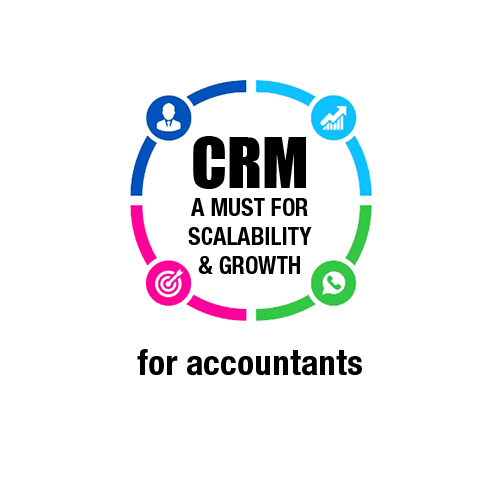 CRM for accountants
CRM for accountants
Programming & Tech
CRM development for accountants
Product Info
A CRM (Customer Relationship Management) system developed for accountants is a specialized software tool that helps accountants manage their client relationships and streamline accounting processes. It includes features such as client management, document management, task and workflow management, communication tracking, integration with accounting software, reporting and analytics, data security and compliance, mobile access, customization and scalability options, and comprehensive training and support. This tailored CRM solution assists accountants in organizing client information, tracking interactions, managing documents, handling tasks, and generating reports, ultimately improving efficiency and enhancing client service.Description
-
CRM (Customer Relationship Management) development for accountants can be a valuable tool to help manage client relationships, track interactions, and streamline accounting processes. Here are some key considerations for developing a CRM specifically tailored to accountants:
-
Client Management: A CRM for accountants should have robust client management capabilities. This includes storing client contact information, tracking client details such as industry, size, and services provided, and maintaining a record of past interactions and engagements.
-
Document Management: Accountants deal with various financial documents, such as tax returns, financial statements, and invoices. Your CRM should include a document management system that allows accountants to store and organize client documents securely. Integration with popular file storage services like Google Drive or Dropbox can be beneficial.
-
Task and Workflow Management: Efficient task and workflow management are essential for accountants. Your CRM should enable the creation and assignment of tasks, along with deadlines and priorities. It should also provide reminders and notifications to ensure important deadlines are not missed.
-
Communication Tracking: Accountants often communicate with clients through multiple channels, including email, phone calls, and meetings. The CRM should allow for logging and tracking of communication history, enabling accountants to refer back to past discussions and agreements easily.
-
Integration with Accounting Software: Integration with popular accounting software such as QuickBooks, Xero, or FreshBooks is crucial. This integration enables seamless transfer of financial data between the CRM and accounting software, reducing manual data entry and improving accuracy.
-
Reporting and Analytics: A CRM for accountants should provide reporting and analytics features. This can include generating financial reports, tracking key performance indicators (KPIs), and providing insights into client profitability and revenue generation.
-
Security and Compliance: Data security is of utmost importance in the accounting industry. Ensure that your CRM incorporates robust security measures, such as encryption, access controls, and regular data backups. Compliance with relevant regulations, such as GDPR or HIPAA, should also be considered if applicable.
-
Mobile Access: Accountants often work on the go, visiting clients or attending meetings outside the office. Providing a mobile-friendly CRM or dedicated mobile apps allows accountants to access client information and perform essential tasks from their smartphones or tablets.
-
Customization and Scalability: Each accounting firm may have unique requirements and workflows. It is essential to choose a CRM platform that allows customization and scalability, so you can adapt the CRM to your specific needs and accommodate future growth.
-
Training and Support: Implementing a CRM requires training and ongoing support for accountants and staff. Ensure that the CRM provider offers comprehensive training resources, documentation, and responsive customer support to address any questions or issues that may arise.
By developing a CRM specifically designed for accountants, you can enhance client management, streamline processes, and improve overall efficiency in the accounting practice.
-

